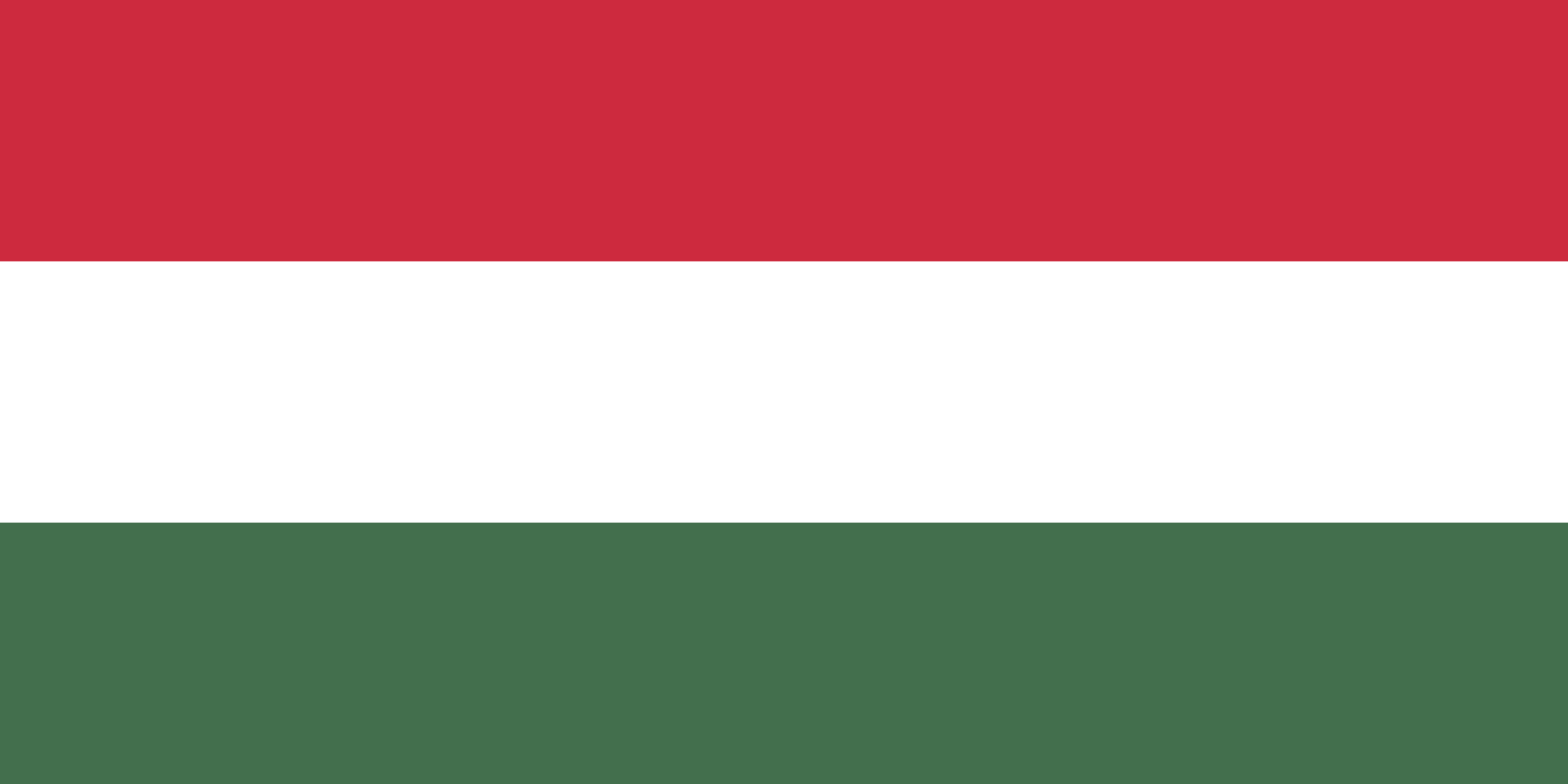
Hungary (Hungarian: Magyarország) is a landlocked country in Central Europe. It is situated in the Carpathian Basin and is bordered by Slovakia to the north, Ukraine and Romania to the east, Serbia and Croatia to the south, Slovenia to the southwest and Austria to the west. It measures about 250 km from north to south and 524 km from east to west. The capital and largest city is Budapest.
Hungary is divided in two by its main waterway, the Danube (Duna). Other large rivers include the Tisza and Dráva, while Transdanubia contains Lake Balaton, a major body of water. The largest thermal lake in the world, Lake Hévíz (Hévíz Spa), is located in Hungary.
Hungary traces its history back to the Magyars, an alliance of semi-nomadic tribes from southern Russia and the Black Sea coast that arrived in the region in the 9th century. After centuries as a powerful medieval kingdom, Hungary was part of the Ottoman and then Habsburg empires from the 16th century onwards, emerging as an independent country again after World War I.
The Hungarian language belongs to the Finno-Ugric family and is one of the handful of languages spoken within the European Union that are not of Indo-European origin.
